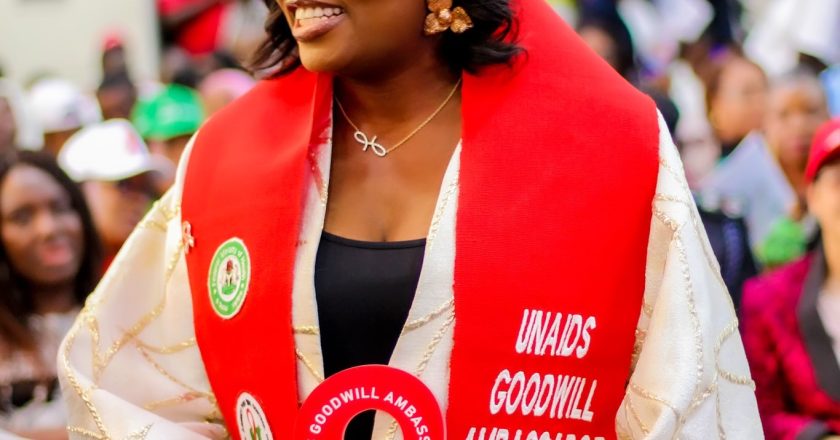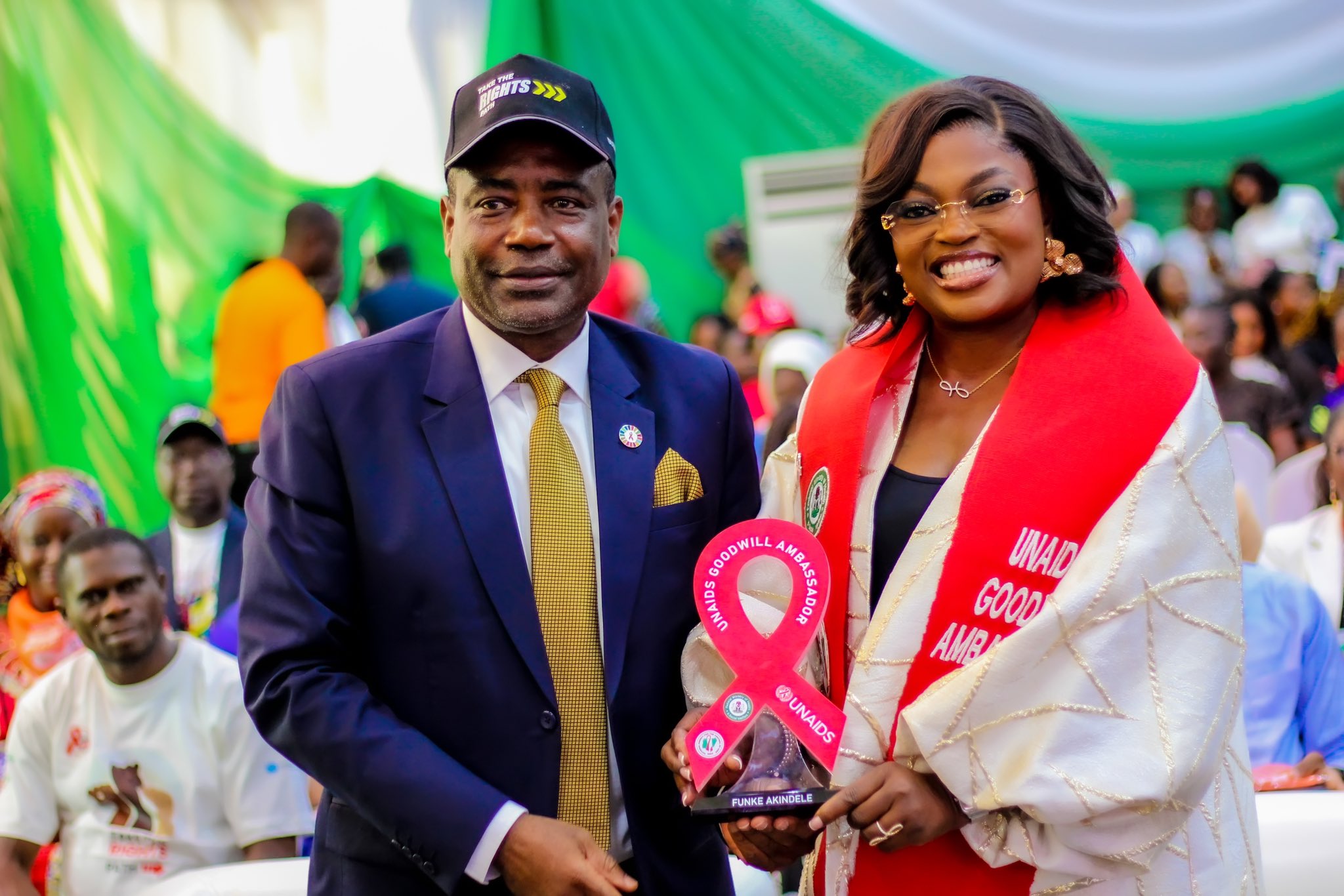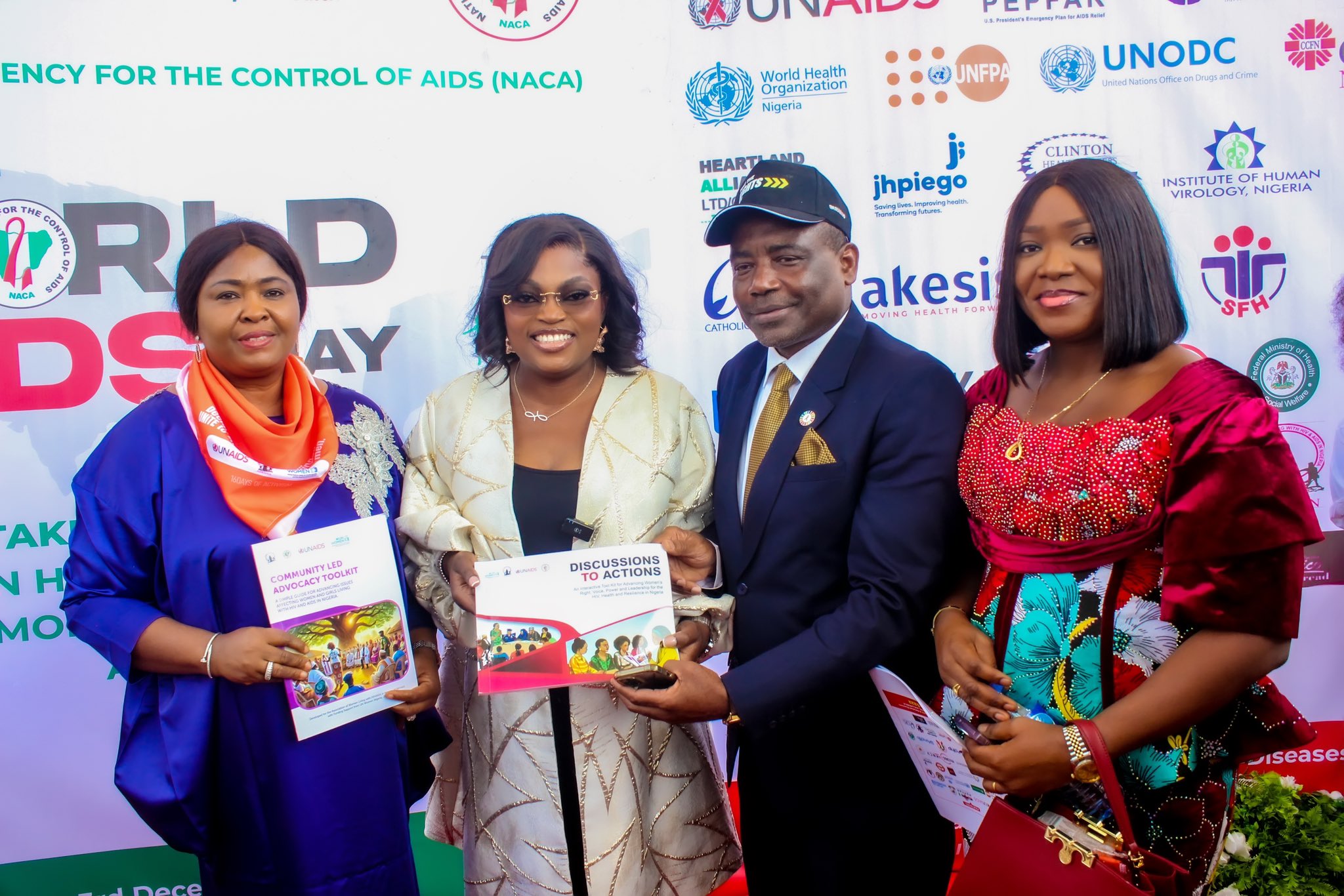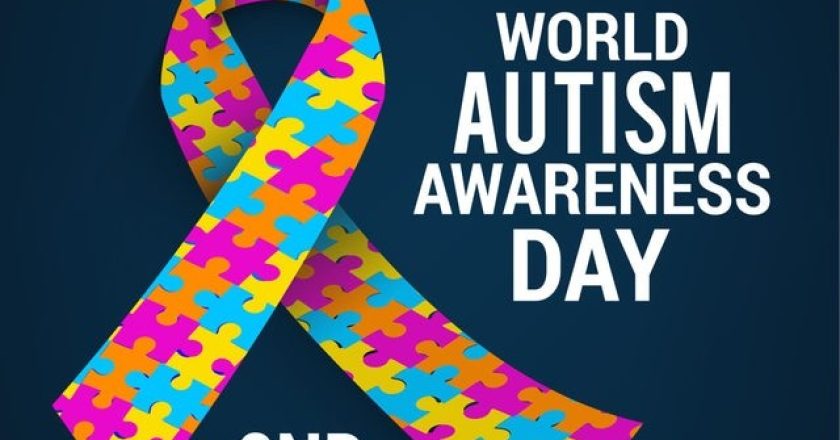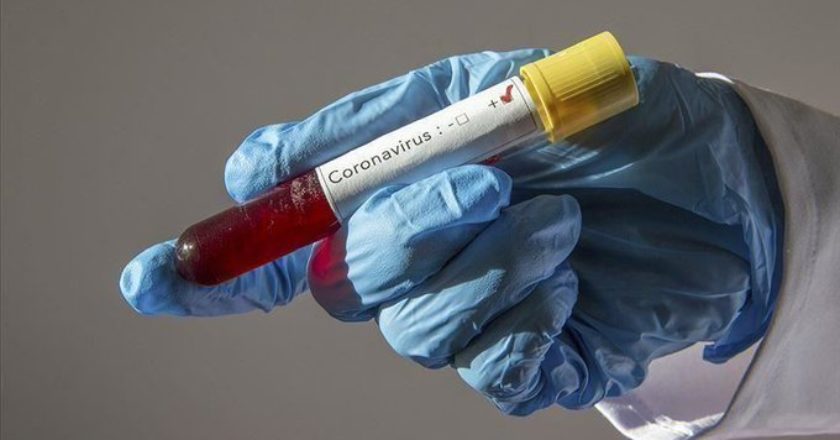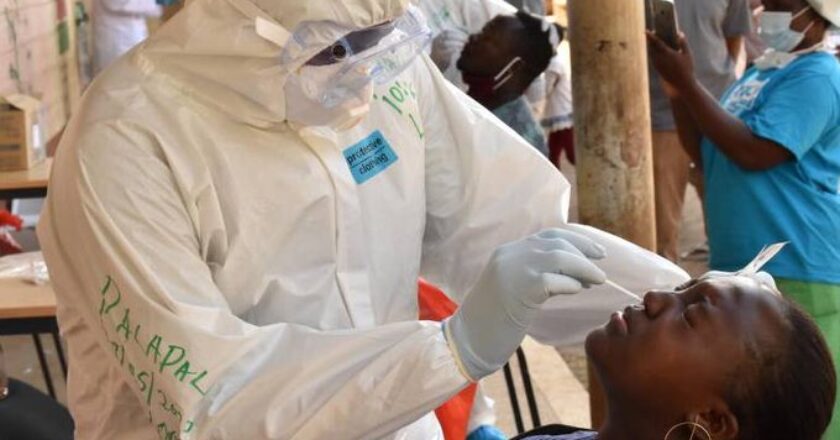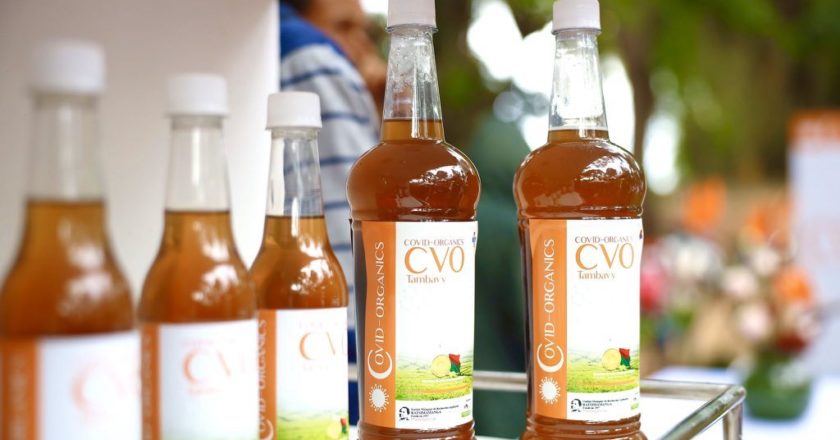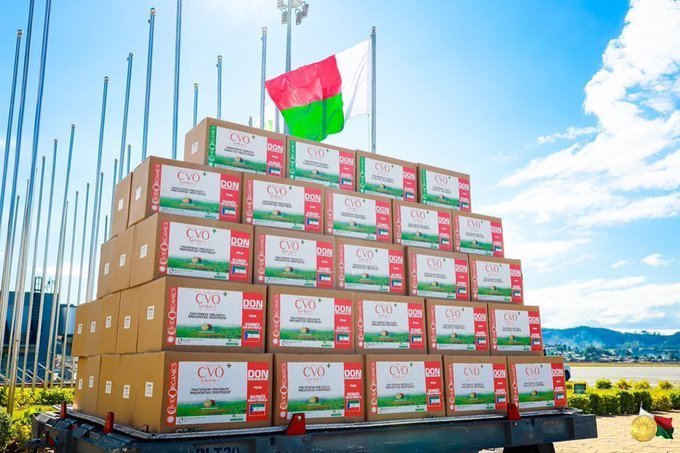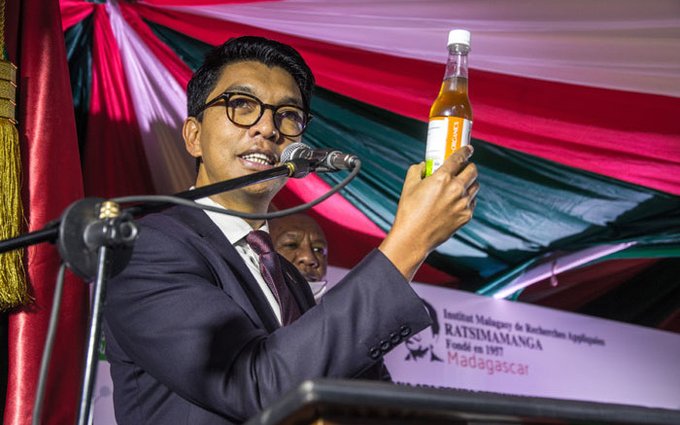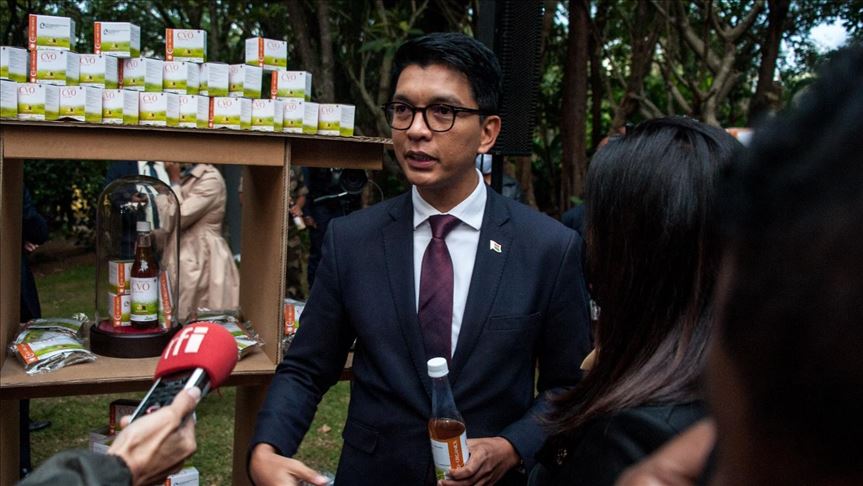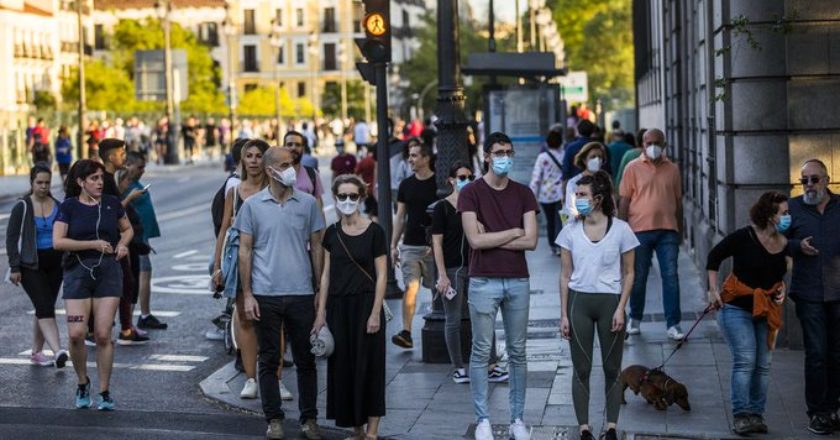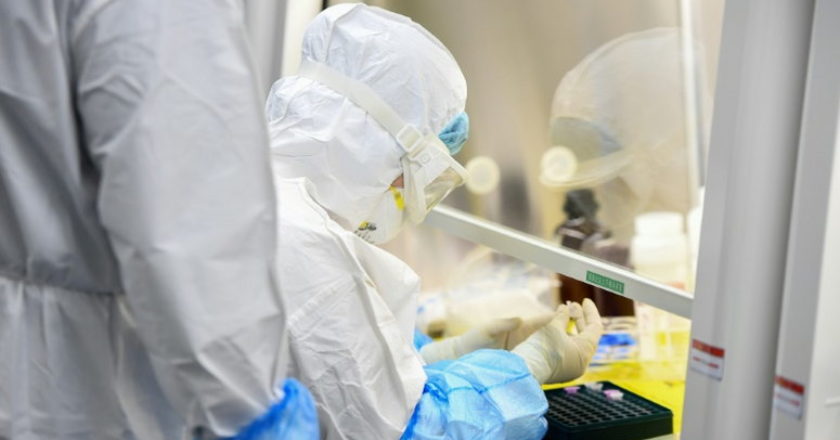A teenage girl who had to quit school and her job due to a painful, ‘inoperable’ tumour on the side of her face has had life-changing surgery from a charity.
Khoudia, 18, from the Kaolack region of central Senegal, was 10 when she first noticed a small lump on her cheek that kept on growing.
Her mother, Atta, was quick to take her to several hospitals in the hope of treatment but was told the tumour was inoperable. As the years passed by, Khoudia’s childhood was overshadowed by feeling rejected by her peers.
Atta said: “The only thing that my daughter told me all the time was, ‘I want to keep studying. But when she used to go to school, her friends used to make fun of her, and she would come back crying.”
By the time Khoudia was 16, the tumour had become immensely painful. She felt like her face was being pricked by needles.
Khoudia said: “I used to get pain till I could not see.”
She eventually had to drop out of school and could no longer work seasonally as a maid.
During yet another unsuccessful hospital visit, Atta heard the news that international aid charity Mercy Ships had one of its hospital ships in the port of Dakar, delivering free surgery to those who have little access to safe medical care. She began exploring Mercy Ships as an option but discovered it had finished its current service.
Amazingly, the ship then returned to Senegal, and Atta was overjoyed when Khoudia was cleared for surgery at age 18.
Khoudia said: “I never thought that this tumor would be removed from my cheek. So when they told me they were going to do it, I said, ‘OK,’ but I never imagined that they would remove it all.”
American nurse, Mary Toupin who was volunteering and looked after Khoudia, said: “They were just so happy to finally be here. They had been on a journey together, and they had finally come to this day they had been waiting for.”
The volunteer surgeons of Mercy Ships performed a left parotidectomy to remove the tumour. It was a life-changing maxillofacial operation that had been eight years in the making.
“After the surgery, when they took off the bandages, they gave me a mirror,” Khoudia remembered.
“I looked at myself and said, ‘Wow!’ I was so happy from then on.”
Her mother watched the moment and was just as joyful.
Atta said: “When they came and took off the bandages and I saw that, I was so happy because I never imagined that could be removed. I never thought I would see her cheek without the tumour in my life.”
French nurse Caroline Grob was struck by Khoudia’s bravery.
Caroline said: “It just blew my mind. She had a huge mass in her face and was just smiling. Never complained.”
She added: “When she saw her face after the surgery, she was even more joyful.”
Mary said that it was “such a privilege” to be there for the bandage removal. “That’s something really special,” said Mary. She called it “a moment that they will remember forever.”
A month after her surgery, Khoudia was pain-free and her face had healed, so she was discharged from the hospital.
She and Atta applauded the good news. Atta remarked: “I am just so happy. Now, I will return home with my beautiful daughter.”
As she prepared to return to her village Khoudia said she was most excited to see her father, as she is very close to him.
Khoudia said: “There will be a big party when I come home; I know it.”
Mercy Ships operates hospital ships that deliver free surgeries and other healthcare services to those with little access to safe medical care. An international faith-based organization, Mercy Ships has focused entirely on partnering with African nations for the past three decades. Working with in-country partners, Mercy Ships also provides training to local healthcare professionals and supports the construction of in-country medical infrastructure to leave a lasting impact.
Each year, more than 3,000 volunteer professionals from over 60 countries serve on board the world’s two largest non-governmental hospital ships, the Africa Mercy® and the Global Mercy™. Professionals such as surgeons, dentists, nurses, health trainers, cooks, and engineers dedicate their time and skills to accelerate access to safe surgical, obstetric and anesthetic care. Mercy Ships was founded in 1978 and has offices in 16 countries as well as an Africa Service Center in Dakar, Senegal.
